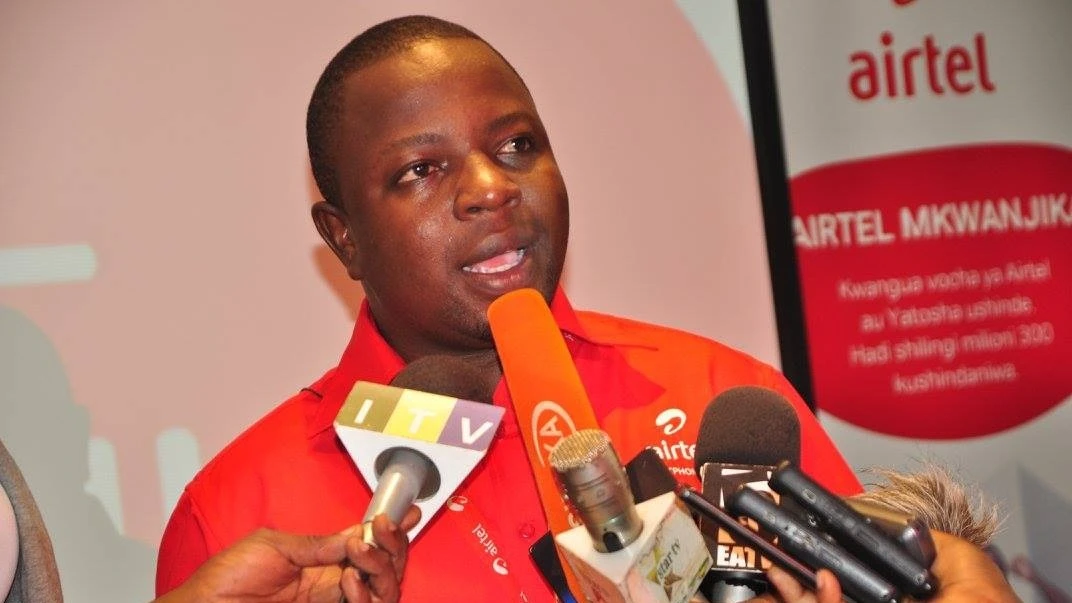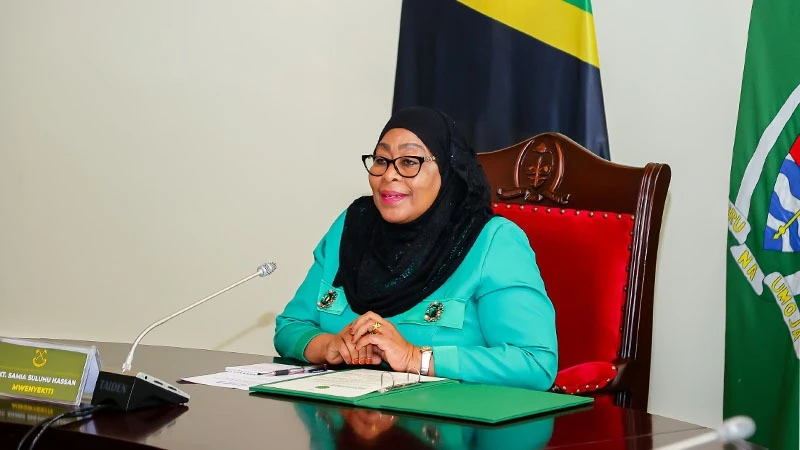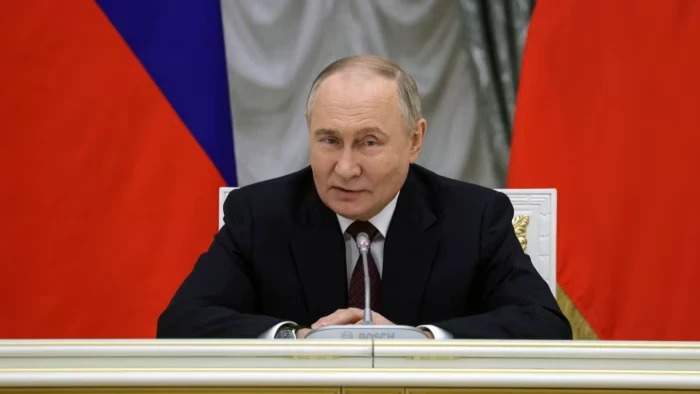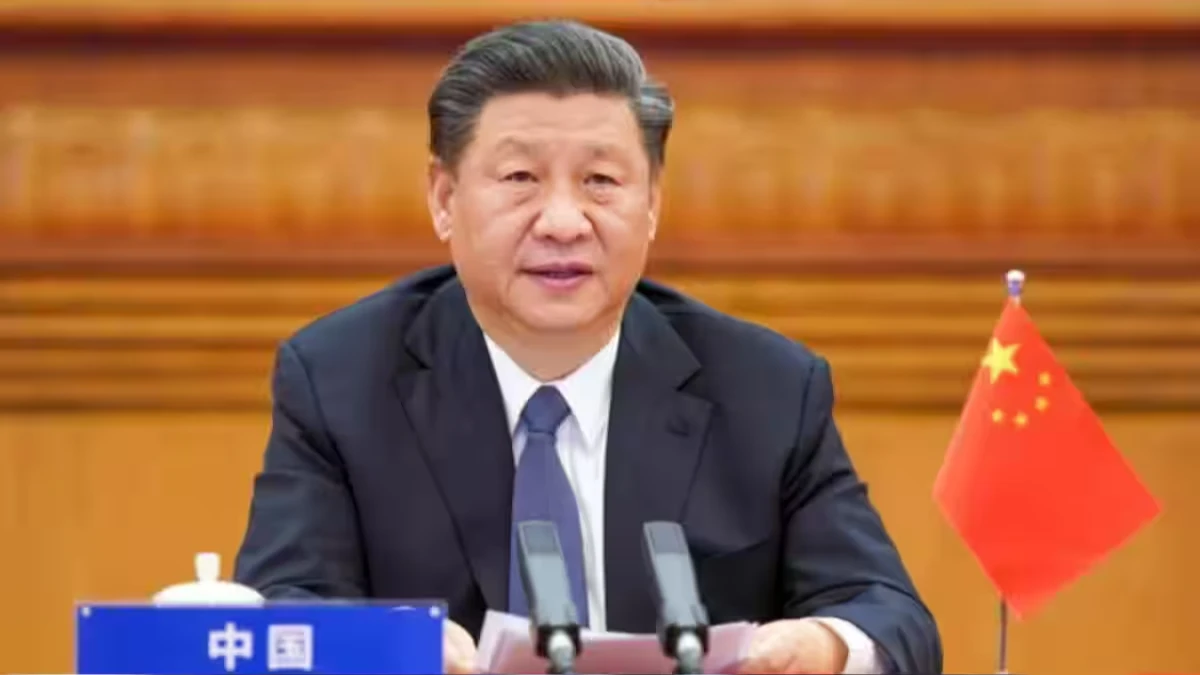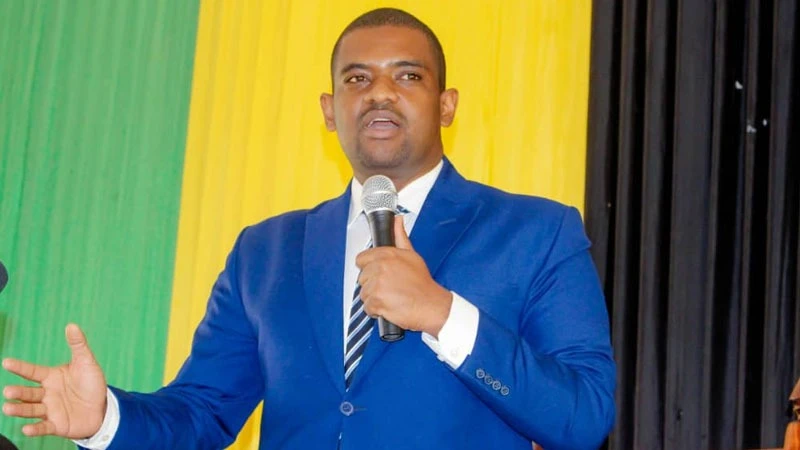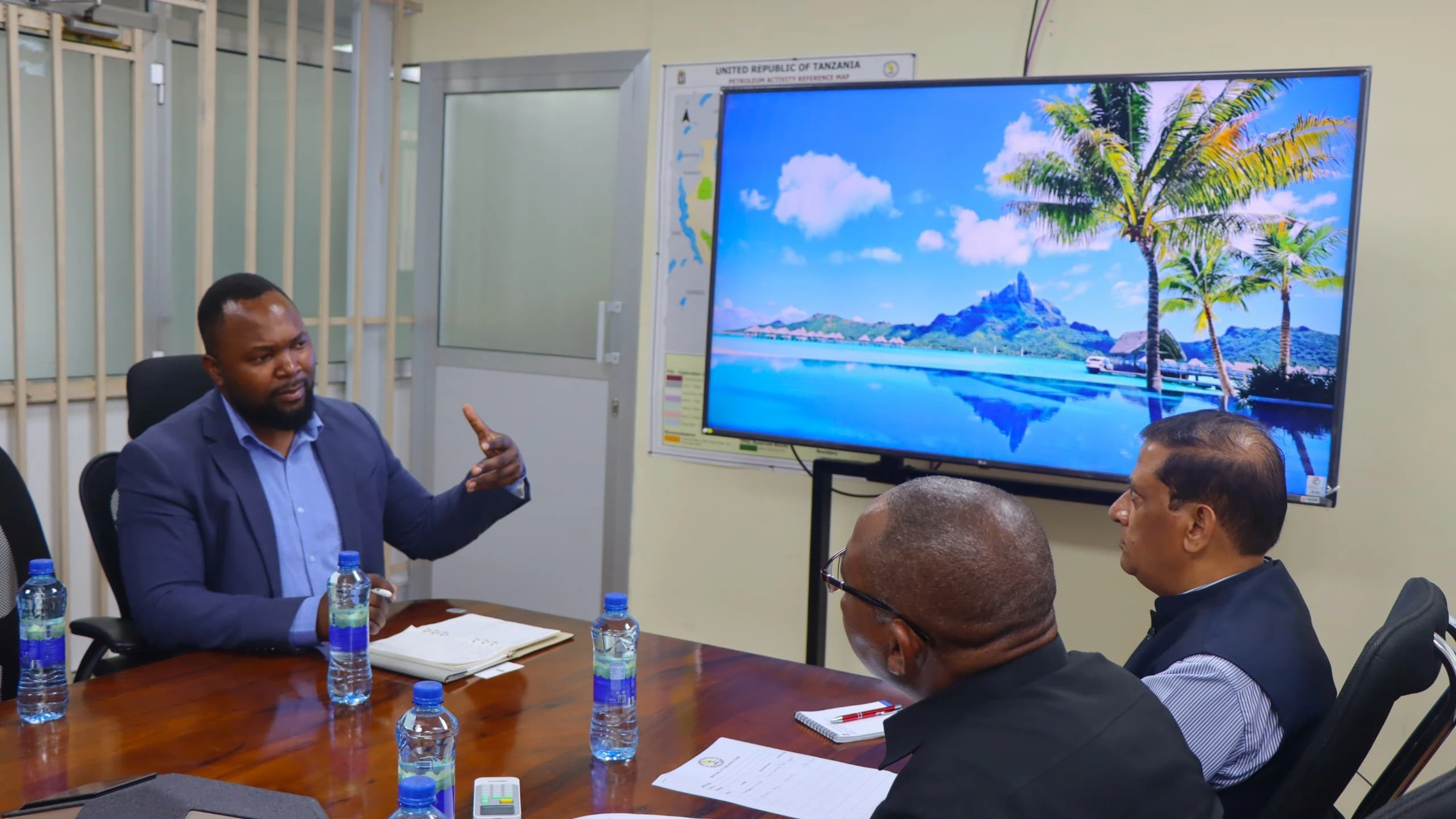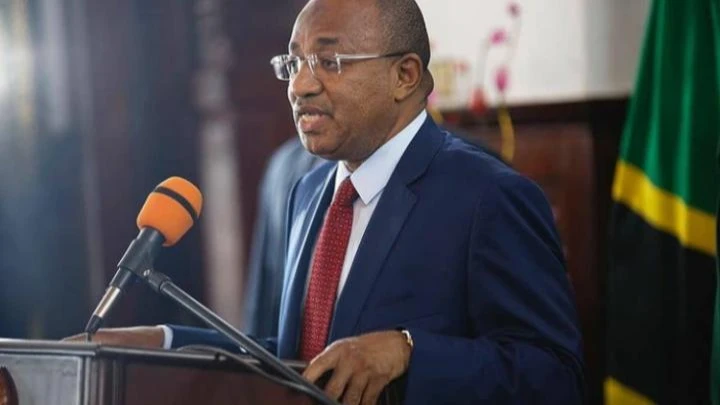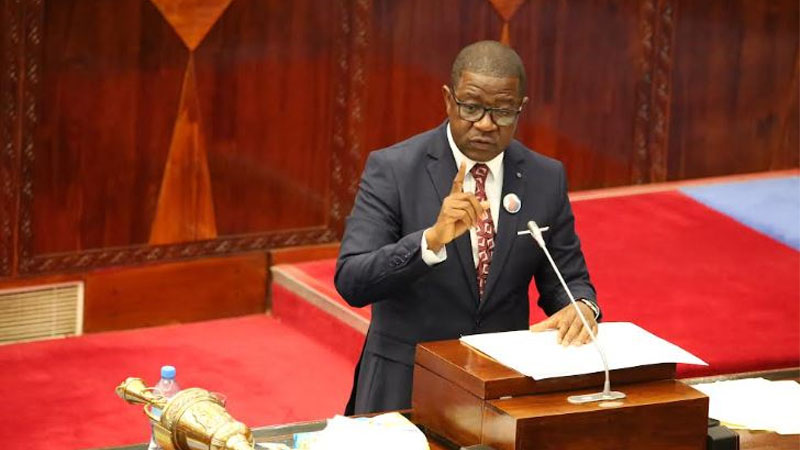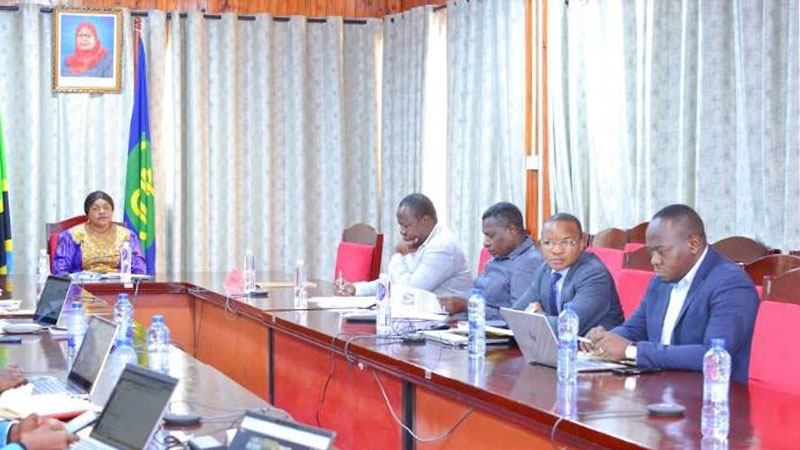Politics should not interfere the country’s education agendas

LEADERSHIP of the country and educational sector are two entities which are inseparable. It becomes easy for the top government leaders to push plans and strategies for development to citizens through educational arena.
This is due to the conviction that for ideals to be absorbed efficiently by someone they should be taught when they are young. Children get into education at early ages nowadays making this aim of government shaping individuals it wants more feasible.
Again the government receives some ideas which are worthy of consideration through the educational sector. We all know of the importance of putting into place good academicians in the area of policy making. It is the high level of interaction between government leaders and academicians in the quest to bring development has made countries like Tanzania experiencing a lot of changes in the education sector. The changes normally touch curricula and examination formats. This year both the curriculum and examination format for Primary schools have changed.
Some analysts may be convinced to attribute changes in education sector to political pressure that the government may experience. Government leadership can be likening to business where good customer care and customer’s satisfaction determine the life of the business. When political leaders struggle to get into power they promise a lot of things to be done during their stay in office. This is probably what drives them to venture into changes in sectors like education so as to retain hopes for Tanzanians.
Every phase of government in Tanzania has been motivated to embark into some changes in the education sector. This aim to improve education in the country is worthy of praising, but the question remains how to go about the improvement mode. It will be more beneficial if the changes do not violate some principles in education as government leadership changes should not necessarily mean changes in education sector.
To achieve the goal of making educational changes fruitful in Tanzania, there must be efforts to separate political motivates and educational objectives of the country. Changes in the education sector should not be a matter of emergency but should follow certain criteria in order to see real improvement in the education sector.
Taking into account for instance the recent change of examination format for standard seven, some points can be raised. One of the points is the fact that these learners who will sit for new format this year have been prepared for the old format since they were in standard five in 2022. Will it not be hard for the teachers to train them for the new format in just months? One can ask why teachers were not informed since 2022 of the new format in this year. Won’t the evaluation of this year’s standard seven results bring some challenges?
We are convinced that we learn from mistakes and starting is necessary so as to accomplish the intended objectives. It is not wise to advice the government to cancel the new format as it is already known to every school and learner but it is high time to examine the political pressure on our education which may have the following negative impacts.
One of the impacts is abrupt changes in education system. Changes though may be good may come with some challenges. Abrupt changes in education may lead to a challenge of implementation if there was no enough time to prepare for the changes. In education sector it should not be a custom to adopt changes as an emergence issue. Education affects lives of all people in the country in one way or another.
Therefore it is very important to be careful the way we adopt changes. Also changes lead to expenditure in the struggle to go about those changes. Things like training become inevitable. Development in any field requires resources but we should not incur costs before being sure of the necessity of changes.
Another impact of political pressure on education is challenge in evaluation. It is more promising if evaluation is done after directives have been provided and enough time for implementation and supervision is also provided. If evaluation is conducted without enough supervision of implementation of what was to be evaluated, that kind of evaluation may turn into research and nothing else. It is good when we are sure of what we are looking for.
Lack of qualified personnel and infrastructure is also an impact of political pressure on education. Lack of personnel and infrastructure to support changes in education sector leads to delay in implementation or defective implementation. If the objectives are not realized the value of starting is reduced and a loss is experienced in some ways. The efforts of the government to make sure that qualified personnel and infrastructure is available so that implementation of the new curriculum can start in secondary schools should be praised.
Development in education cannot and should not be an overnight process. Professional principles should be entailed in the process of improving our education so as to be able to establish a common stand which is reliable in directing the educational matters. Phasing the process of improving our education may help as doing all needed at once is not possible. Politics should be allowed to operate in the country with less influence in education if we want to move forward. Teaching is valuing professionalism above politics.
Top Headlines
© 2024 IPPMEDIA.COM. ALL RIGHTS RESERVED











